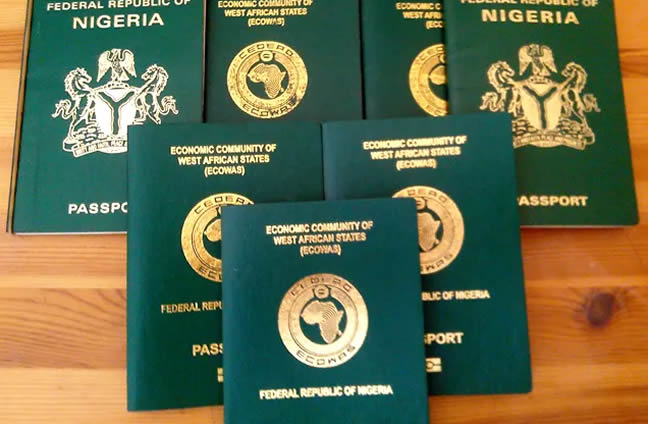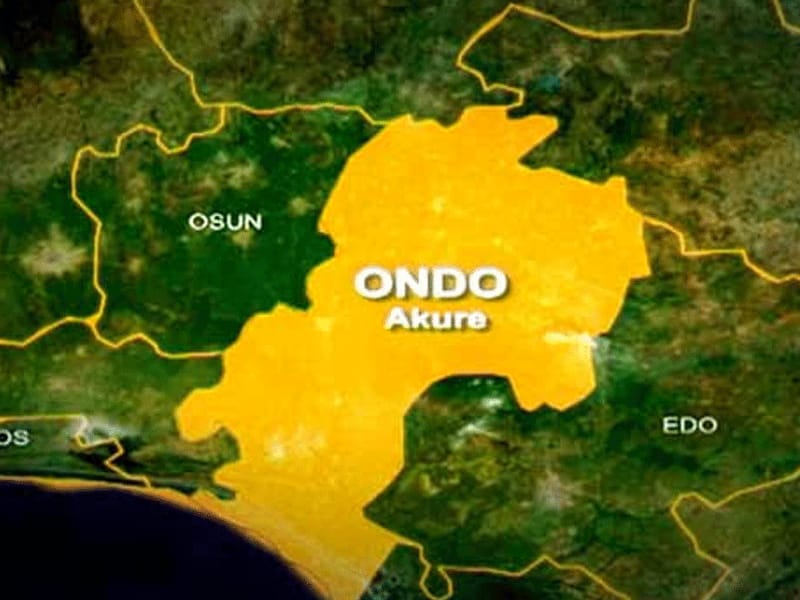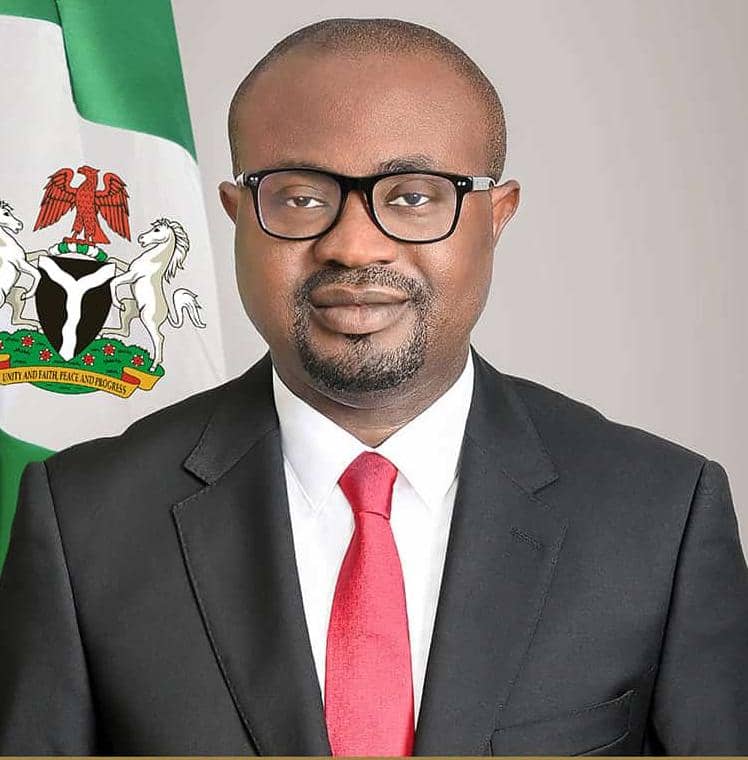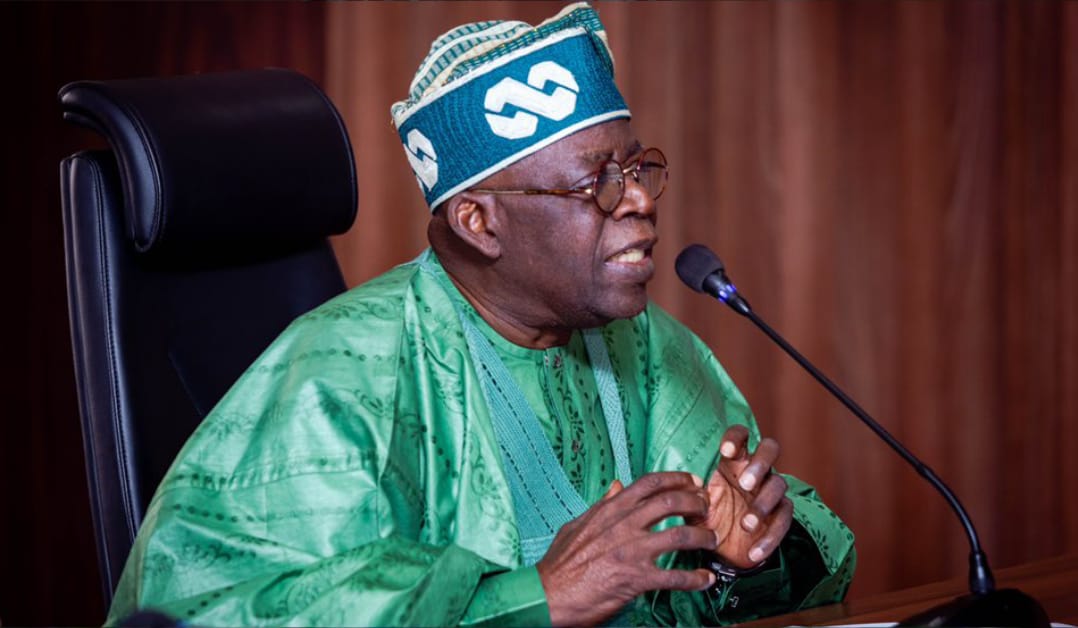Nigerians have been assured of passport deliveries to their homes or wherever they want it, starting from February, 2024.
Minister of interior, Olubunmi Tunji-Ojo, gave this assurance on Monday at the opening ceremony of the International Week of the University Of Lagos, themed ‘Breaking the Borders of Partnership’.
Tunji-Ojo assured Nigerians that starting from January, they will be able to complete the application process online, leading to the home delivery.
“We have commenced the automation of our end-to-end passport application process, and we have given a timeline from which Nigerians will begin to experience the sweet experience,” he said.
“By implication, Nigerians will not need to wait longer than two weeks before they get their passport. By January next year, Nigerians will be able to complete this application process online, and by February next year, with collaboration and partnership with other relevant stakeholders, Nigerians will have their passports delivered to their homes, offices, and other locations of their choice.
“We are deploying technology throughout the entire process to make it as seamless as possible,” he said.
“To achieve this, we have set everything into motion to open 12 more visa application centres across the world.”
He noted that the country is also working on strengthening its visa-on-arrival policy, while also seeking reciprocity from countries benefiting from Nigeria’s visa on arrival process.
“We are working with the Ministry of Foreign Affairs to enforce the principle of reciprocity, and a committee has been set up in the ministry to achieve this,” Tunji-Ojo said.
He added that data harmonisation will restore the integrity of travel documents.
“Identity is who we are, what we are, and what we live for. But today, what we have is a duplication of our registration. We have the BVN in the bank, the international passport, the NIN, SIM card registration by telecos, and so on, all of which request your data. The integrity of our travel documents must be restored through the harmonisation of our data,” he said.
“When we harmonise our data, there will be an exchange amongst agencies such that when our people need data for passport and visa applications, or BVN, with their NIN, their data can be pulled out.
“This will not only save us stress, cost, and energy but also help us optimise our processes and the country’s security architecture,” he said.




